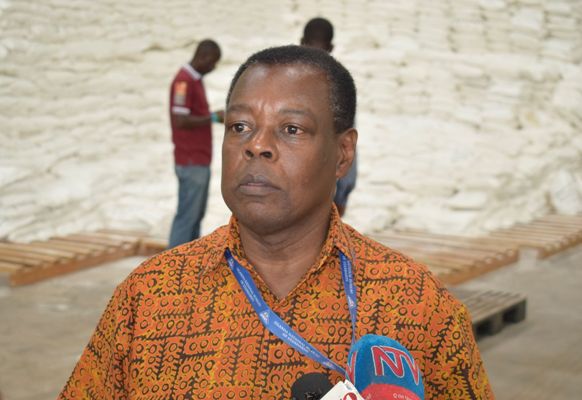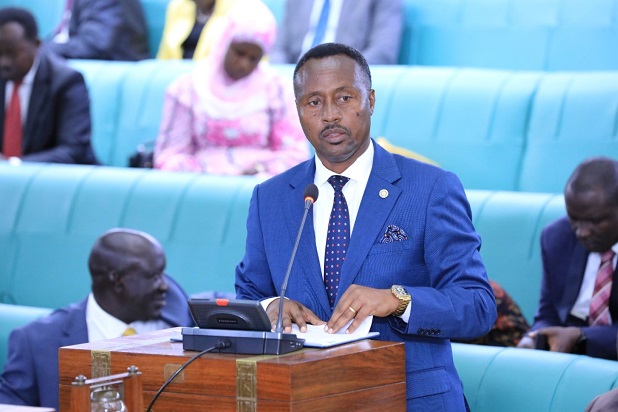The Ministry of Water and Environment and Kijani Forestry, a non-governmental organization, have signed a Memorandum of Understanding (MOU) to champion the planting of trees for sustainable charcoal production in Northern Uganda.
The five years MOU that was signed Friday in Gulu City will see collaboration between the Ministry and Kijani Forestry in establishing a mechanism for the implementation of forestry and biomass conservation activities. The development comes against the backdrop of a decline in the natural forest cover in the region owing to commercial charcoal production and timber.
Alfred Okot Okidi, the Permanent Secretary of the Ministry of Water and Environment, says that the MOU will help the government work together with the private sector to raise trees specifically for biomass.
Okidi notes that irresponsible harvesting of natural trees and illegal commercial charcoal production remains a big threat to the environment adding that the MOU will help in addressing the vice by engaging with the private sector directly. He says the development will also help in the elimination of the middlemen who are profiteering from the charcoal trade in the region.
Quinn Neely, the Co-Founder and Chief Executive Officer of Kinaji Forestry told Uganda Radio Network in an interview that they are currently working with 300 different farmer groups in Gulu district to plant trees for charcoal production and timber.
He says the organization is distributing 10 tree species primarily indigenous trees that are fast maturing and produce quality charcoal to the farmers. They include Terminalia glaucescent, Terminalia, Alizia lebeck (Owak) acacia polycantha, melia volkensii, senna siamea, among others.
Neely notes that the organization seeks to see increased forest cover and provide an economic opportunity for the farmers in the region whose livelihood continues to be affected by climate change impacts.
He says through the initiative; they have planted a total of five million trees in the last four years in Northern Uganda adding that their goal is to plant 20 million trees in the region this year alone and a target of more than 100 million trees in the next five years.
Patrick Oryema, the chairperson of Waneno Anyim, one of the farmers’ groups in Gem Parish in Awach Town Council, Gulu District says he has planted one acre of Melia Volkensii which he hopes to harvest for timber and charcoal.
He says charcoal farming as opposed to the cutting of natural trees for charcoal production is a more sustainable way of fighting forest degradation and climate change in the region.
Translation “The advantage of charcoal farming is that you will not cut natural trees but the ones you have planted and you will have to replant them. The cutting of natural trees indiscriminately is contributing to drought and desertification, so it means if you have cut 100, you will have to replant 500 trees,” says Oryema.
According to Oryema, through charcoal farming, members of the community have received training on how to conserve the environment which will deter them from ever degrading the natural trees for charcoal. Gulu District remains has been the epicenter of environmental degradation in the sub-region owing to its central location along major transit routes.
Recently, the Ministry of Water and Environment banned the issuance of all documents facilitating the production, trade, and movement of charcoal and forest products in a move to curb forest cover degradation. According to the Global Forest Watch, an estimated 38,700 hectares of forest cover have been lost between 2010 and 2021, accounting for about 6.2 percent loss of forest cover in Gulu District.
–URN





